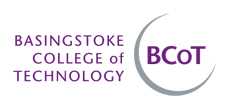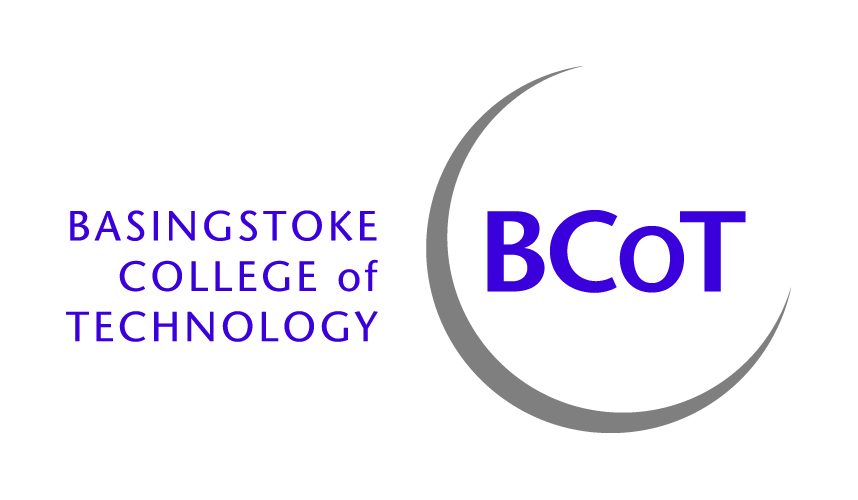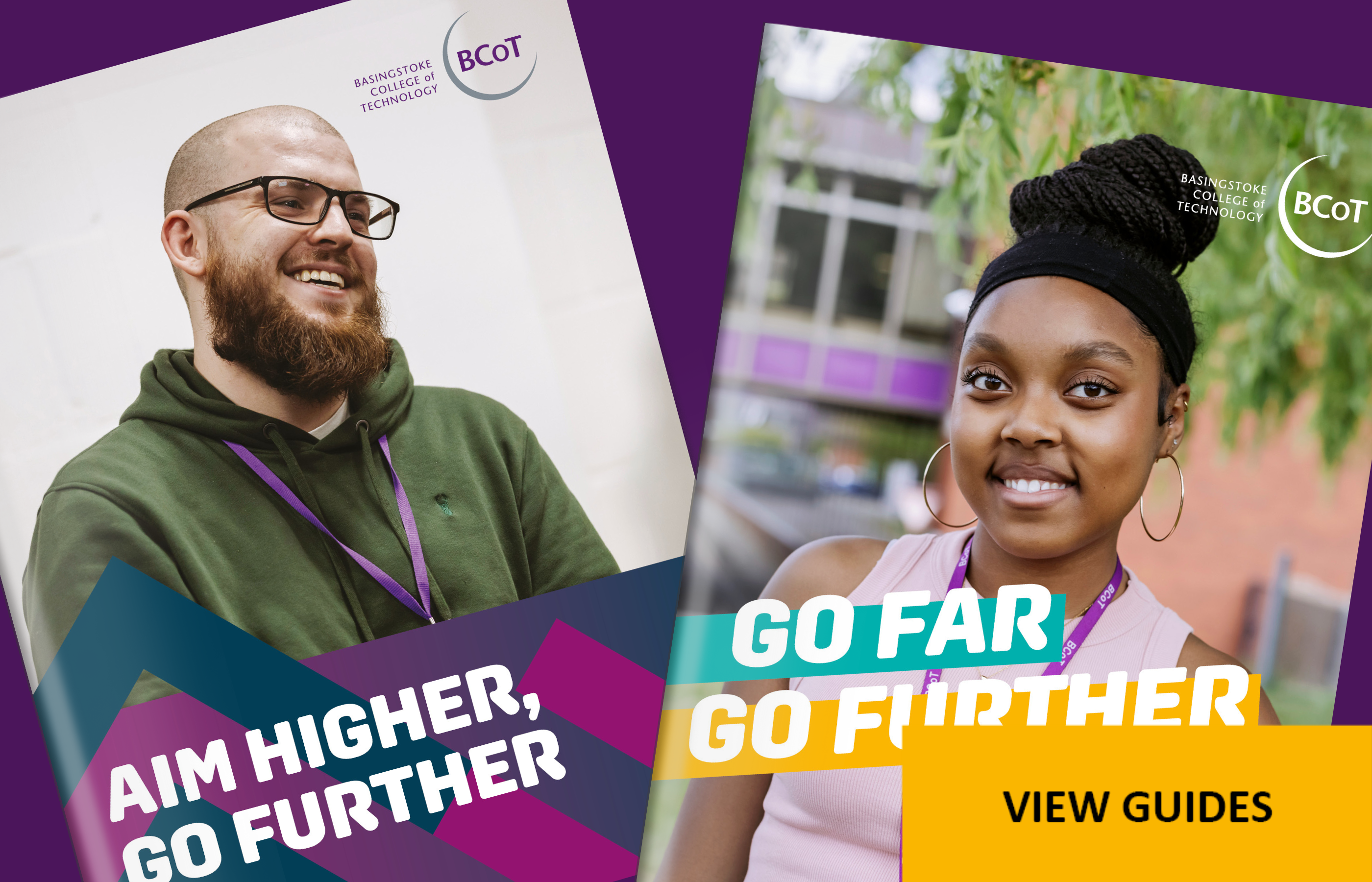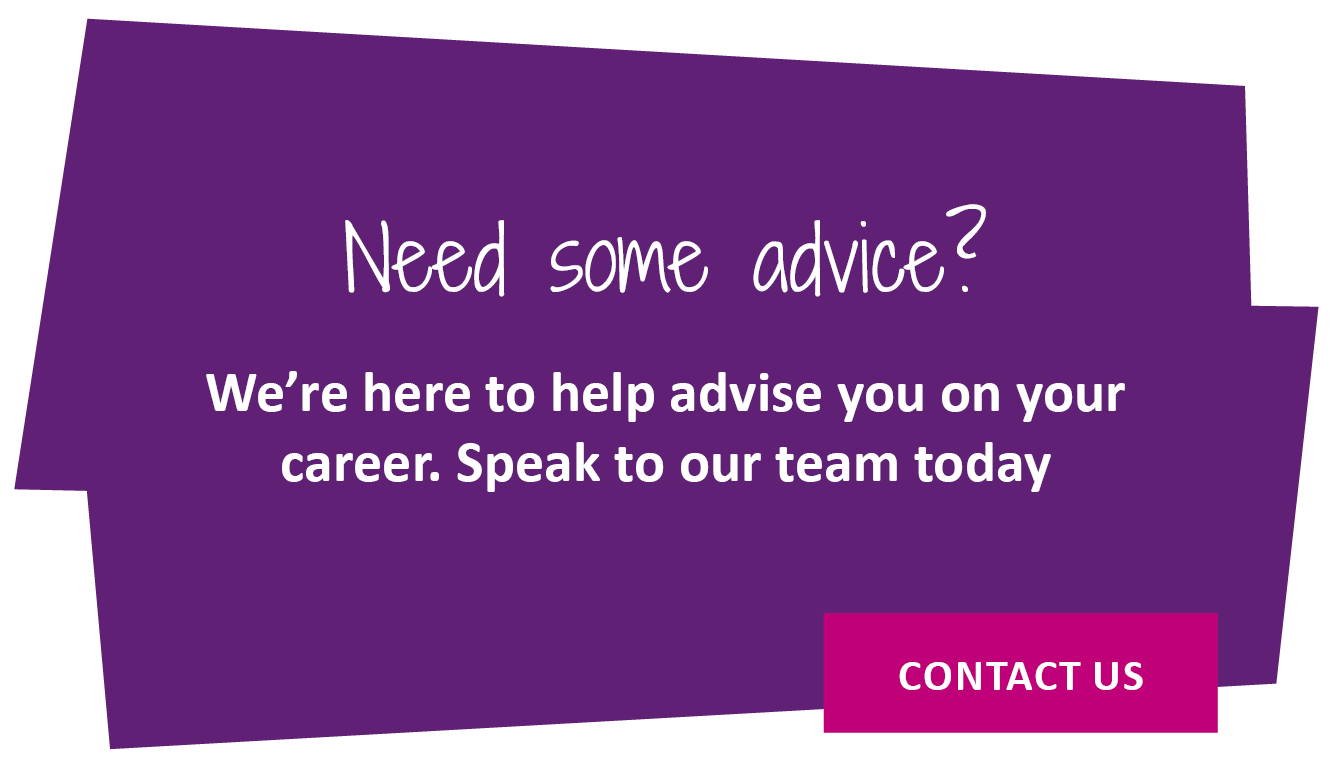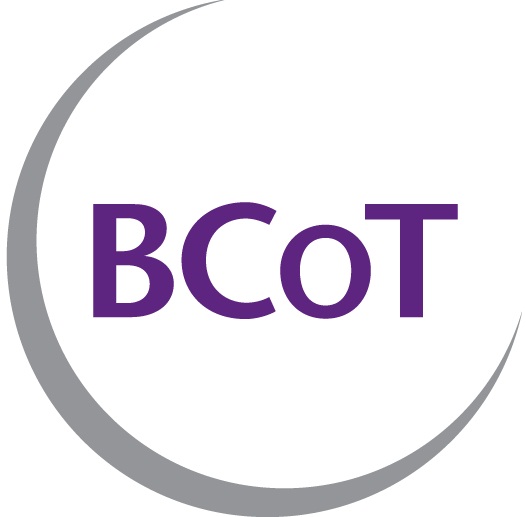Level 3 CPCAB Counselling Skills Certificate
Enrol NowLevel 3 CPCAB Counselling Skills Certificate
FIND A COURSELevel 3 CPCAB Counselling Skills Certificate
Enrol NowLevel 3 CPCAB Counselling Skills Certificate
FIND A COURSEThis CPCAB qualification is for people who already work within, or who want to work in, a helping field, with a view taking their next steps in training to become a counsellor. It will help to develop self-awareness and provide a knowledge and understanding of the necessary counselling skills leading to further theory and practice.
By the end of the course, learners will have learned more about counselling theory, ethics and mental health and will be prepared to work within an agency. This course does not lead to employment as a counsellor, it is designed as a pre-practitioner training for the Level 4 qualification. It could lead to employment in related fields.
Weekly written journals and practical assessments
- Working within an ethical framework
- Understanding the counselling relationship
- Understanding difference and diversity issues to develop empathic understanding
- Working collaboratively with clients
- Using counselling theory to understand yourself and your experiences
- Using counselling skills coherently
- Using study skills to help manage learning
- Demonstrate knowledge and understanding of the theoretical approaches
- Understand counselling theories and approaches to mental health
- Introduction to clinical supervision
- Assessment of practical assessment
A learning review (800 – 1000 words) will need to be completed after each session
- To have completed Level 2 in Counselling Skills or the equivalent amounting to a minimum of 75 Guided learning hours (tutor led sessions)**
- Demonstrate a willingness to develop a personality suitable for helping work and a willingness to engage in personal therapy in the future
- Ability to translate intra-personal experience into language and written work
- Able to benefit from self-development
- Able to give and process feedback received in a non-defensive and constructive way
- Emotional stability*
- Evidence of personal insight and willingness to work on no-go areas
- Ability to form a helping relationship
- Able to form successful working relationships with peers which enables a thriving learning environment
- Awareness and ability to work with difference and diversity
- Able to cope with course content*
- Identify reasons for training beyond just personal development
- Be motivated towards developing as a counselling practitioner
- Provide references from previous tutor/s if external to BCoT
*Disclaimer – Please note that if an applicant has experienced a significant life event in the last 6 months i.e., Bereavement or recovery from a mental health issue, the college has the right to refuse the application and will recommend deferring due to the demands of the course.
While a qualification in nursing, social work, psychology or similar will support your learning and understanding of some of the theories studied in counselling they will not have given you the adequate client / helpee contact nor developed your self awareness / personal development. You may have undertaken one to one work with clients, however, the nature of the counselling relationship is very different.
Exceptions: We DO NOT accept certificates from on-line / distant learning suppliers.
